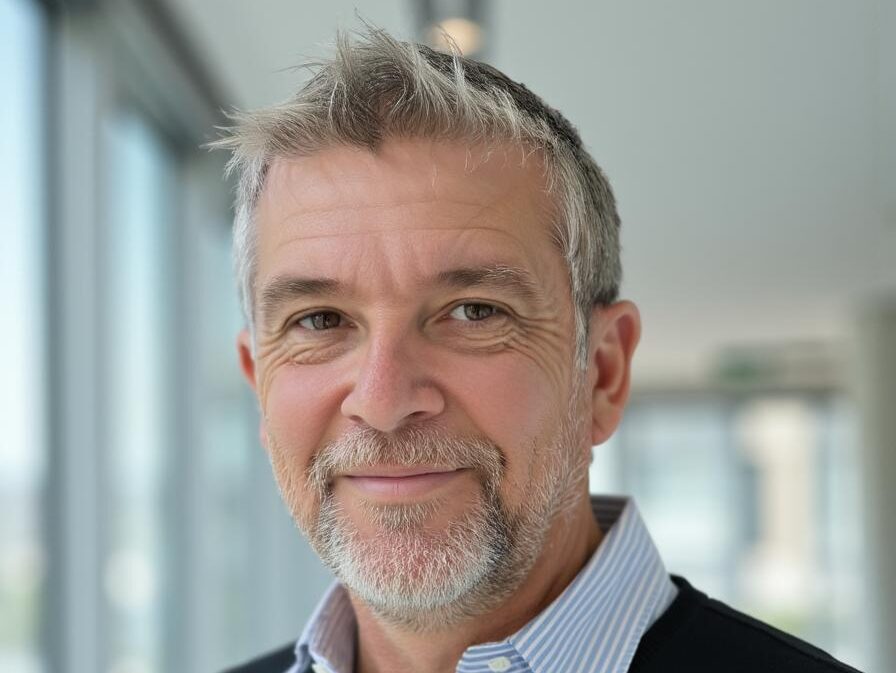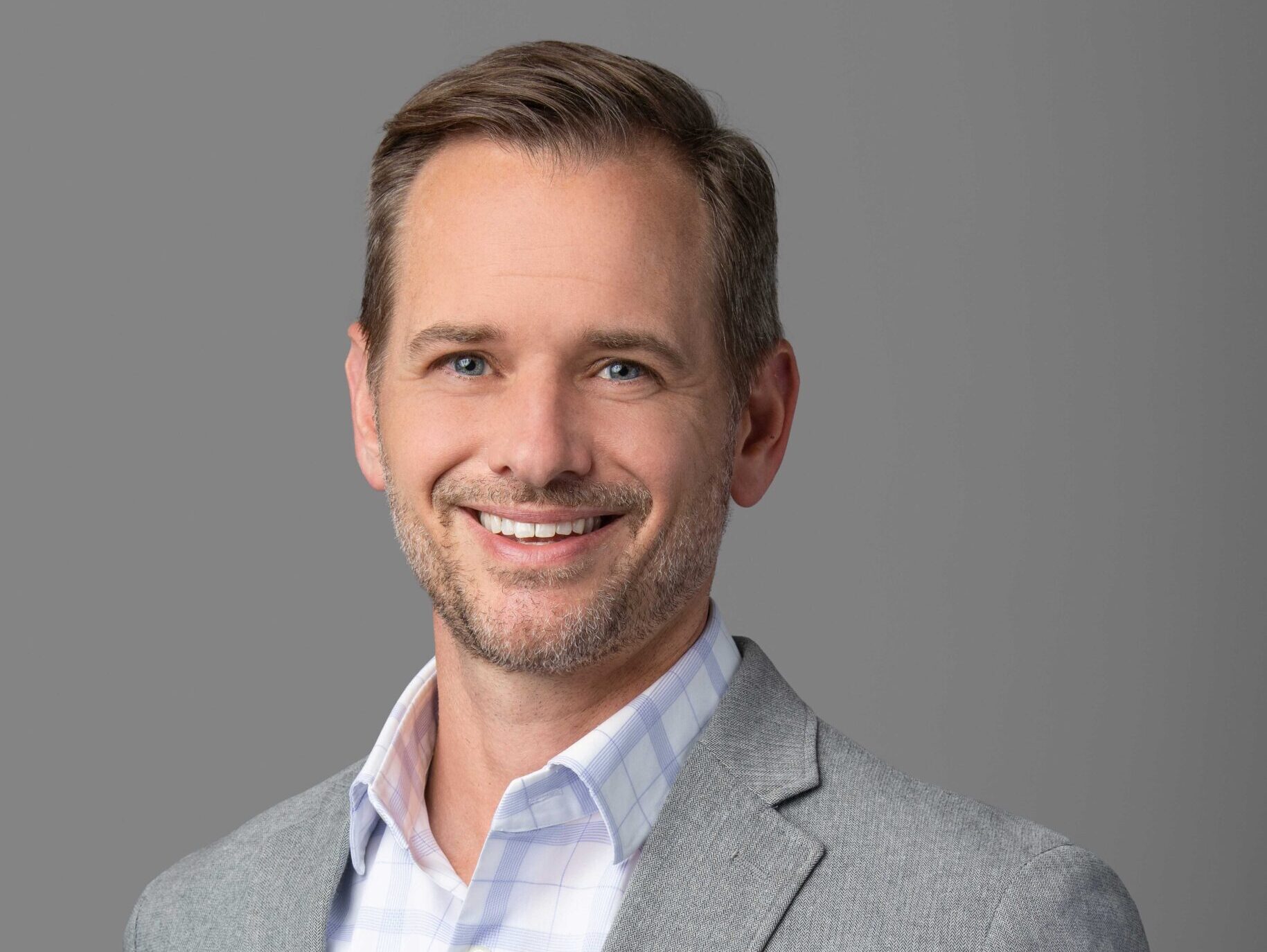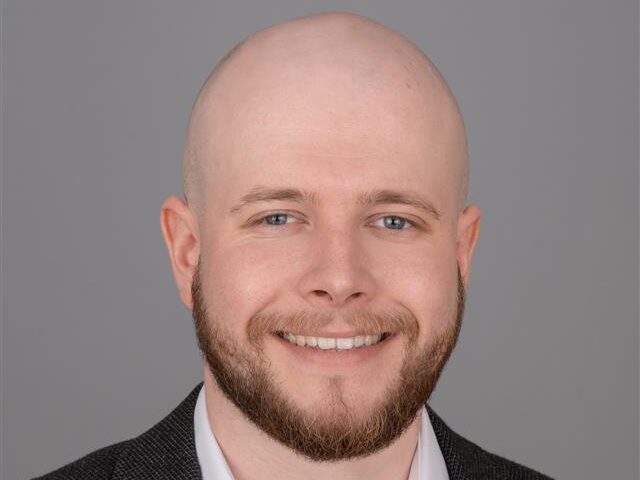Carolyn Issitt is one of the many speakers lined up for Intersec 2015’s varied conference series. Get a taster of what to expect from the below interview.
1. Please tell me a little about IOSH’s role in helping developing frameworks in occupational health and safety?
IOSH is the world’s largest professional body for OSH, we’ve been around since 1945 and with over 44,000 members worldwide we are in the best position to draw together work on competency in OSH from organisations and professional bodies to deliver guidance from a truly global perspective both geographically and organisationally. We have the horizon scanning capacity and historical knowledge base to create and maintain a framework that can support and inform individual decisions on professional development and organisational needs for sustainable business.
2. Where does the Middle East region stand in achieving proper frameworks in occupational health and safety?
The Middle East is in the unique position of being able to take the best that the OSH world has to offer and mould it to fit the needs of a sustainable business. Organisations here don’t have to make the same mistakes we did in the development of our OSH strategies. Instead of going down the blind alley of simple regulatory compliance they can invest in the values and ethics embodied in using OSH competency as business a driver and achieve better productivity, greater business resilience and most of all a committed engaged workforce that supports business reputations to achieve financial success
3. Are there any particular industries in the region where workers are at greater risk? Please explain.
Just about all of the major industries in the Middle East could be designated as industries where workers are at greater risk. Oil and Gas, Construction and even Utilities such as Water and electricity are all much more challenging to deliver when there geographical issues such as the Sahara desert on your doorstep. It’s not really about how hazardous the industry is but how the organisation operating in that industry addresses OSH. Organisations that embrace OSH as a key business value will find that it enables productivity and by association profit.
4. What more should companies do in the region to contribute to improve occupational safety among workers?
If a company regardless of their size or the industry they are in is willing to invest in the health safety and wellbeing of their workforce by identifying and committing to improving the competency of every worker they will find that the payback in terms of reputation enhancement, resilience and overall results is well worth that investment.
5. IOSH recently conducted a study about the dust risk in the construction industry in the UK – how relevant would these risks be in the Middle East, given its robust construction industry?
The risk of occupational cancer in workers is as real in the Middle East as it is here in the UK. For us it’s a depressing legacy built up over many years driven in the early years by ignorance and lack of research. Now we know what the risks really are in industries like construction and as identified in our No Time to Lose campaign there is a body of knowledge and research showing the results of years of doing nothing or very little. Organisations and governments in the Middle East can take that information, study it and use it to change and improve the way they do things to avoid building up their own depressing legacy of work related illness and infirmity that they will have to deal with in years to come. It’s a real opportunity for them to do things better and cleaner and benefit from it. To simply ignore the evidence of our past would be a bit like learning that fire burns but sticking your hand in it anyway because it’s quicker than getting a glove.
6. Finally, how significant is it for you to be speaking at the Intersec Occupational Safety Conference?
I am really lucky to be directly involved with the development of something that has a truly global reach. Making OSH competency a core business value – understanding what that does for the individual, the organisation and most importantly the OSH profession is my goal. OSH is such an important part of what makes all business successful right down through the supply chain that being able to share our work with the sorts of global companies that attend Intersec and getting the opportunity to show then just how powerful using competency as a measure can be is incredibly valuable to me.






















